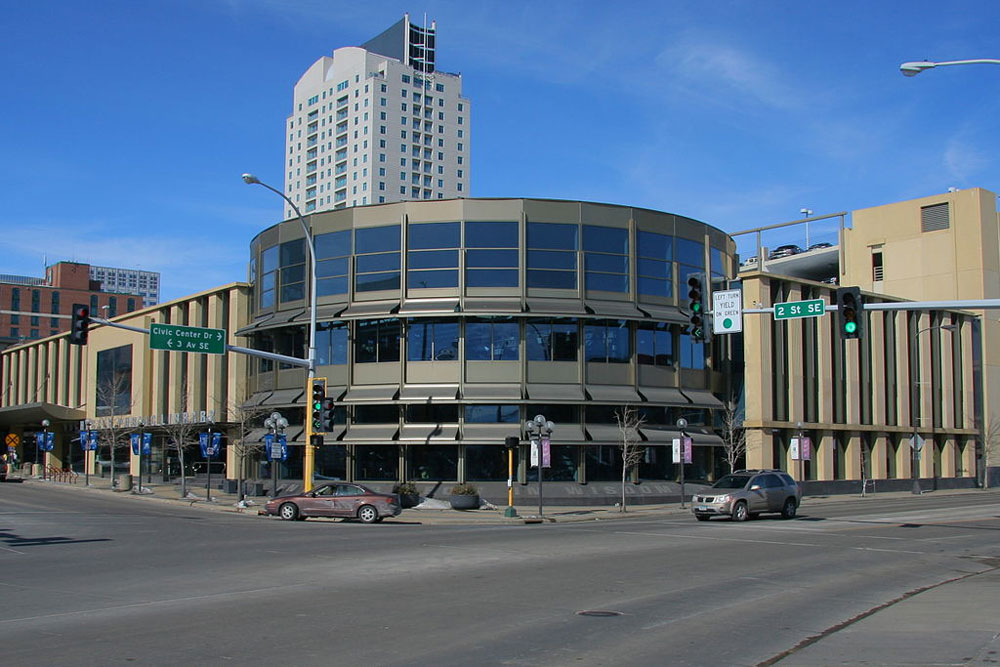
April 16, 2020; Next City
Throughout the country, nonprofits and other public-serving institutions are redeploying to best adapt to their communities’ needs. Often, this redeployment is as intensely mission-focused as their regular programs, and so it is for Minnesota’s Rochester Public Library.
As we have often written, when it comes to the changing lives of communities, libraries play a special role. They serve as responsive havens, which has led many to consider how existing online resources could be augmented or how hybrid services that observe physical distancing guidelines can be quickly patched together. Efforts like these have kept these institutions—once considered “doomed by digital”—present through thick and thin.
Kim Edson, the head of reader services at the Rochester Public Library, says the staff have reorganized in consultation with local government to become an information hotline during the pandemic. This is part of its commitment to the city’s Continuity of Operations Plan (COOP), “a system of disaster planning that lays out guidance for how specific critical services will continue.”
“One of the special skills we’re able to provide in times of crisis is access to information,” Edson says:
We answer all kinds of questions as part of our normal business. Everyone has a place that they trust, or where they go to get community information. The library serves that purpose for many people.
We are constantly working on the list of resources in the community and sharing those resources so everyone’s getting a consistent message.
Sign up for our free newsletters
Subscribe to NPQ's newsletters to have our top stories delivered directly to your inbox.
By signing up, you agree to our privacy policy and terms of use, and to receive messages from NPQ and our partners.
The queries run the gamut from medical questions to access to resources, from employment concerns to travel. In many cases, the questions are relayed to various other community partners.
“We’re averaging about 60 calls a day,” Edson says. “Mornings are busiest, evenings tend to be slowest.”
In accordance with, all library staff are working from home, and most are using their cell phones to answer phone calls.
Library staff are staying at home to abide by Minnesota’s stay-at-home order. But along with answering questions, they’re using their phones to check in on regulars and make sure they have what they need. With the closure of the local homeless shelter, the library has collaborated with the city and county to set up a day shelter.
“We serve unsheltered people all the time,” Edson says. “This seemed like a natural extension of what we already do.”
“These are unusual times,” Edson concludes. “I think we’ve been very able to demonstrate the capabilities of the library to our community. We’re doing what we’ve always done, but on steroids.”
NPQ would love to hear what other libraries are doing, Please send your stories to editorinchief@npqmag.org—Ruth McCambridge












